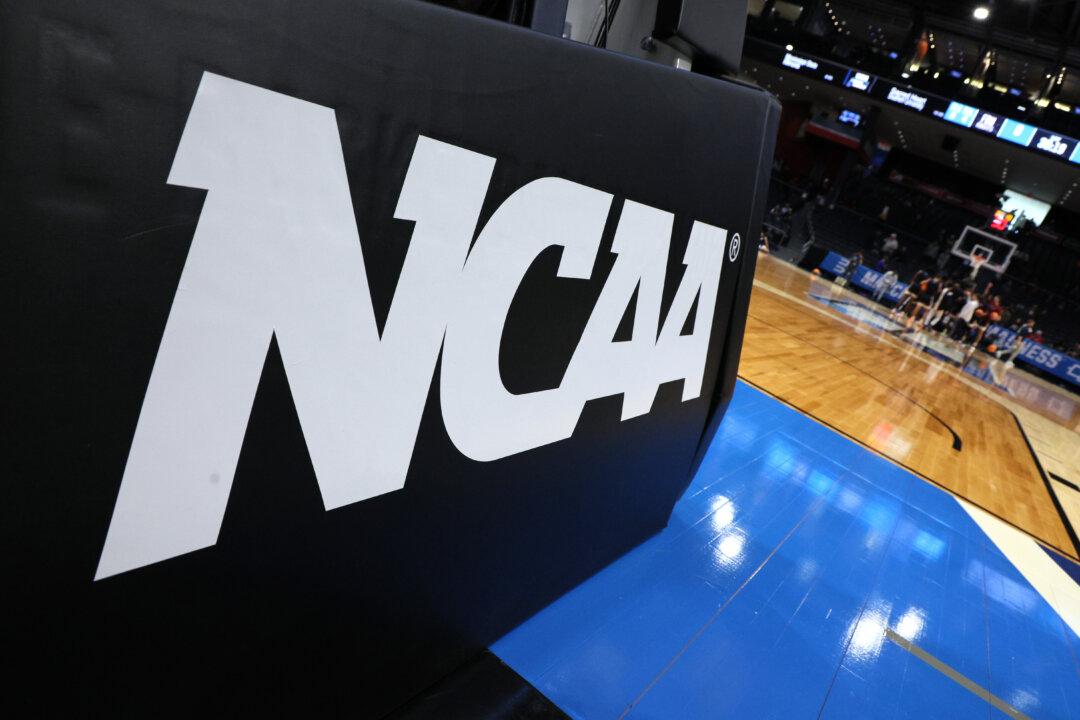A federal judge in California on Sept. 5 rejected a key part of a proposed $2.8 billion settlement of an antitrust lawsuit against the NCAA and the nation’s five biggest athletic conferences.
During a preliminary hearing on the settlement, Judge Claudia Wilken said she had concerns about a provision in the agreement that would restrict payments to college athletes from booster-funded organizations in schools that provide financial support and resources.




